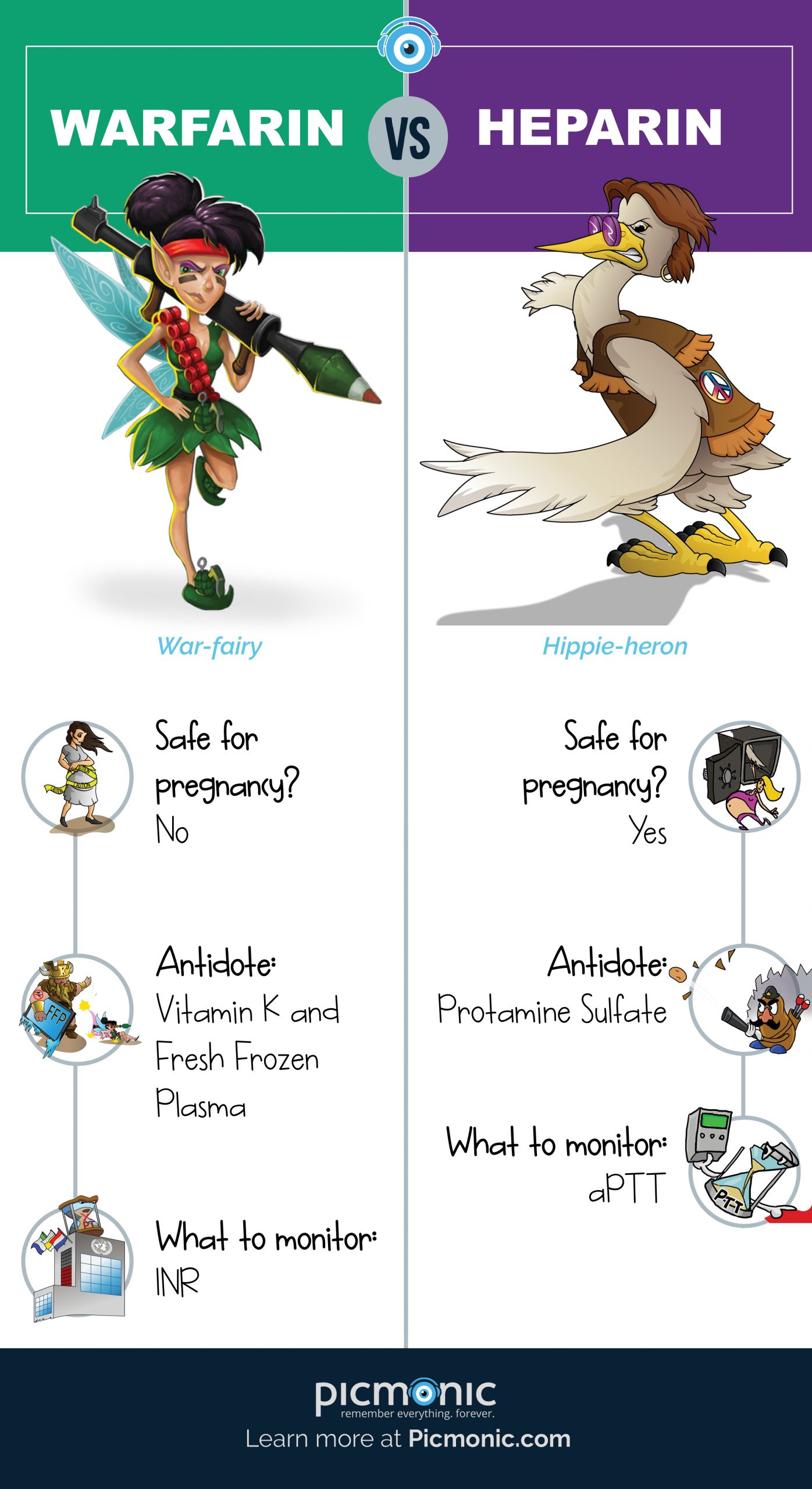

The anticoagulant that has been used for decades – warfarin – has an antidote. It will also give reassurance to those who have been reluctant to prescribe it." It will be a lifesaver for those who get into trouble. Weitz is executive director of the Thrombosis and Atherosclerosis Research Institute at McMaster and Hamilton Health Sciences. Jeffrey Weitz when his Idarucizumab study was published June 22. "One of the barriers to the uptake of Pradaxa and other new oral anticoagulants is this fear that if a patient has serious bleeding or if they require urgent surgery there is no specific antidotes for them," said Hamilton researcher Dr. There are similar issues when anticoagulants are used for a number of other conditions such as prevention of deep-vein thrombosis and pulmonary embolism as well as protecting patients from blood clots after orthopedic surgery. About 350,000 Canadians have the heart arrhythmia. It's significant considering up to 50 per cent of patients who need blood thinners for atrial fibrillation don't take them. Deborah Siegal, Hamilton hematologist and one of the authors of the Andexanet Alfa study.

"There is a lot of hesitation on the part of patients and practitioners to use blood thinners," said Dr. Food and Drug Administration in October for Pradaxa which is also known as dabigatran. Praxbind or idarucizumab received expedited approval from the U.S. Joseph's Healthcare and published Wednesday. Is a promising antidote for direct factor Xa inhibitors rivaroxaban and apixaban concludes the latest study done in partnership with St. Studies done at McMaster University and published in the New England Journal of Medicine four months apart have now shown two antidotes to be safe and effective. Significant numbers of patients put themselves at risk of stroke because they don't take blood thinners partly because of the lack of antidotes. An antidote tested in Hamilton that rapidly reverses the effects of two new blood thinners is being called a "giant step forward."


 0 kommentar(er)
0 kommentar(er)
